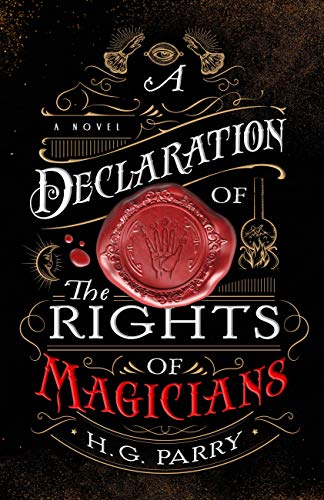What do you think?
Rate this book


545 pages, Kindle Edition
First published June 23, 2020
“And beneath the surface, something was moving. Something that spoke of change, and of revolution, and of blood.”
“It isn’t about proving what we can be. It’s about becoming what we can be.”
“To some extent, we all have the capacity to become monsters.”
“I sometimes think ‘just this once’ is the most dangerous phrase in the English language.”
“Liberty, what crimes are committed in your name!”
"You're still asking your magic to answer to a name," Toussaint said. "Magic doesn't belong to categories. Mesmerism, fire magic, weather magic - those are terms invented by white men, who like to bind things. Magic can't be bound. And the names they have are the kinds of magic common in Europe. Africa has its own kinds of magic - and because they're not recorded in the same way, they seem still more mysterious to Europeans."